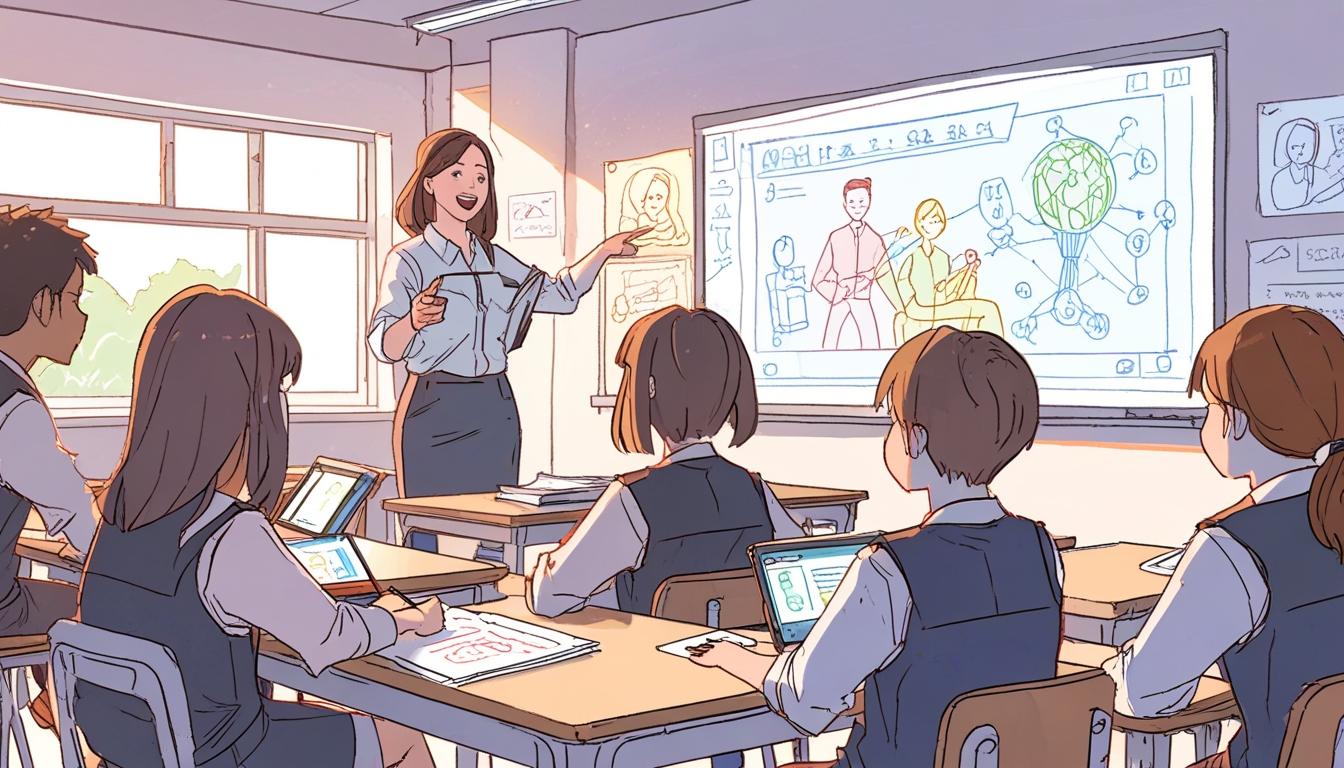As artificial intelligence (AI) increasingly integrates into educational settings, particularly following a recent executive order aimed at boosting AI education in K-12 schools, educators are seeking effective strategies to incorporate this technology into their teaching while maintaining students' critical thinking abilities. In response to this challenge, the nonprofit National Writing Project (NWP) and the online writing platform NoRedInk have announced a collaborative initiative to support teachers navigating the evolving landscape of writing instruction in the age of AI.
The partnership will debut with a webinar series titled “Writing Instruction in the Age of AI,” set to commence at 10 a.m. PST on 29 April. This free series aims to assist educators in adapting their teaching methods to the realities of AI-assisted writing, offering guidance on topics such as the ethical use of AI during the writing process, research-based pedagogical approaches, and redefining teachers' roles towards coaching and mentoring writers.
Complementing these webinars, NWP and NoRedInk plan to establish an online community devoted to educators. This platform will facilitate the sharing of resources and professional support, including access to a free version of NoRedInk’s writing tool, designed to enhance student engagement and learning.
The initiative draws upon findings from a forthcoming 2025 study conducted by Microsoft and Carnegie Mellon University, which examines the influence of generative AI (GenAI) on critical thinking skills. The study reveals that individuals with greater confidence in using GenAI tend to exhibit reduced levels of critical thinking when engaged in AI-assisted tasks, whereas those possessing higher self-confidence demonstrate enhanced critical thinking abilities during such activities. The research further highlights a qualitative shift in the nature of critical thinking prompted by GenAI, emphasizing processes such as information verification, integration of responses, and overall task management.
Paige Whitlock, literacy director at NoRedInk, emphasised the significance of this collaboration in a public statement: “Our collective organizations bring decades of expertise in writing instruction and educator development to schools. At the heart of our partnership is a deep commitment to empowering students to think critically and express their voices with confidence.”
The series aims to provide educators with practical tools and insights to balance the advantages of AI-assisted writing with the essential pedagogical goal of fostering independent critical thinking skills among students. The initiative underscores a broader movement within education to redefine literacy and instruction in light of advancing technology.
Source: Noah Wire Services
